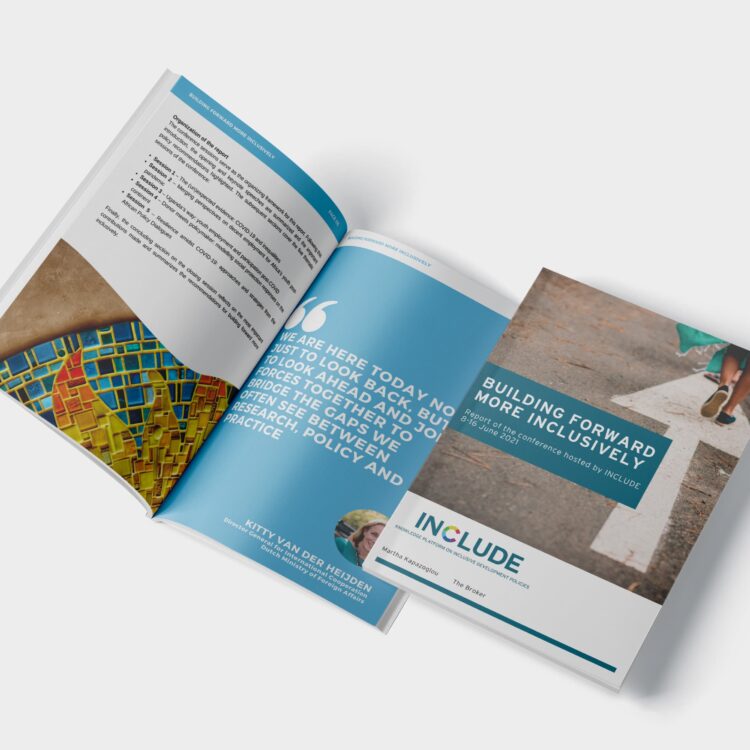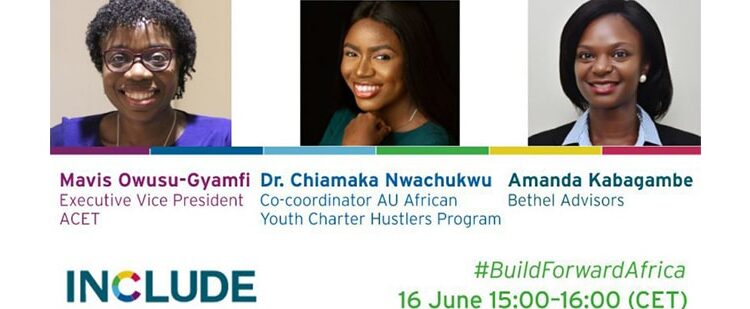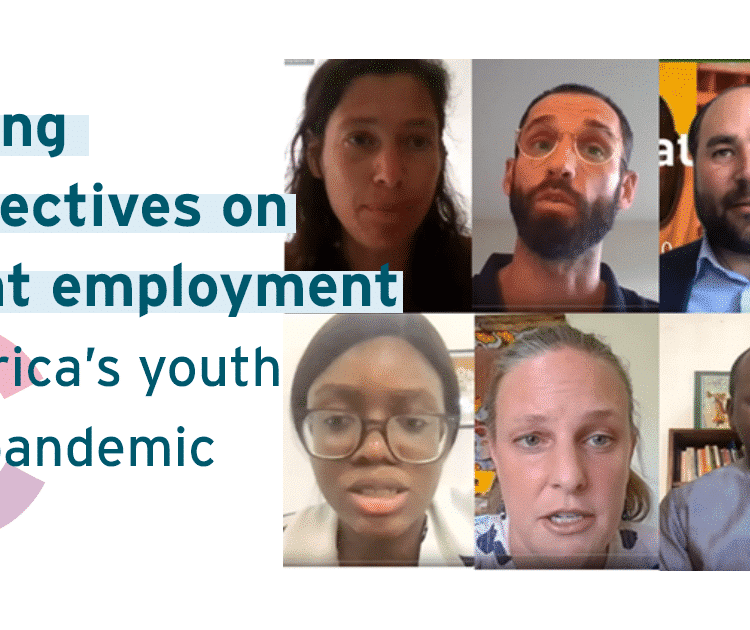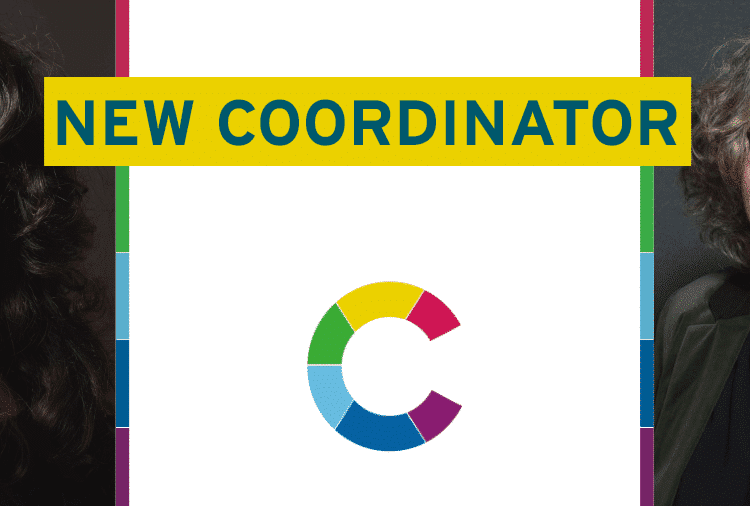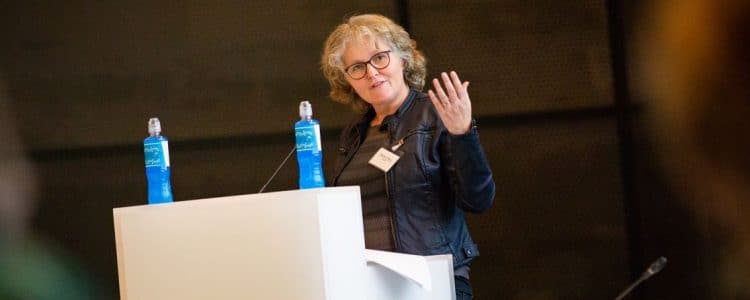
For this testimonial, we spoke with Johan Veul, who is head of the Sustainable Economic Development Department (DDE) at the Ministry of Foreign Affairs (MFA). The DDE aims to contribute to sustainable inclusive economic growth by supporting investment, climate and entrepreneurship. Before joining the MFA, Johan worked for SNV for 12 years in different countries in Africa and later at the SNV headquarters in The Hague. He joined the MFA 12 years ago and has worked at the DDE ever since.
Enthusiastically Johan shares his motivation for working at the DDE:
“Sustainable economic development is an interesting and ever-evolving topic. This theme connects with poverty: how sustainable economic development can give people a future with the support of a regular income and a fitting job. In the last few years, this approach has gained more and more support and it’s also what I personally believe in”
Besides his personal motivation, Johan highlights the importance of evidence-based knowledge to his work:
“(Evidence-based knowledge is) especially (important) in a sector like the development field because development automatically means that the situation changes – development is change. Continuous change means that you need to be constantly aware: observing, rethinking and adapting to these changing circumstances. Next to your own experience and expertise, you want to take into account the latest research, opinions, analyses and other results. Of course you do your own analyses, but to actually put things in perspective – into a broader context –we also need the outside world to share their insights with us. To stay up-to-date in a constantly changing world, we need external knowledge to enhance our decision-making capability”
The topic of productive employment has been especially useful for the DDE:
“The population in Africa will continue to increase in the coming years, and this will have an effect on employment. INCLUDE approaches this issue from an inclusive perspective, by taking into account youth/women and focusing on productive employment. This aligns with our aims at the DDE. The conference report ‘Boosting youth employment in Africa: what works and why?’ has been very helpful; it gives us some guidance on what works and what does not. For example, there should not only be investments on the ‘push’ side (e.g. education, training) but also on the ‘pull’ side, because job creation is just as important. We should strive for a balance between the two, even though it’s not the easiest to accomplish. This document gathers what we know up until now about youth employment and we build on it. The evidence-based knowledge also gives us the credibility, to show why we pick a certain direction for policy. So yes, this document is fundamental because we build further on it, and very literally too: all our new staff also get given this document as a must-read”
Johan expects productive employment to keep playing an important role in the future:
“The future of work is going to play a major role for the coming years. Where will we be in 5 or 10 years? People who are being schooled now will work in jobs that don’t exist yet due to digitalization. This will also have a major impact on the continent of Africa”
And that’s why it’s important to maintain the dialogue between policymakers and researchers:
“It’s all about being aware of the questions which are pending and the debates which are going on, both in the Netherlands and in Africa. The Ministry and INCLUDE should keep the dialogue going and further explore what is needed for more inclusive policies together with researchers, policymakers and practitioners”
